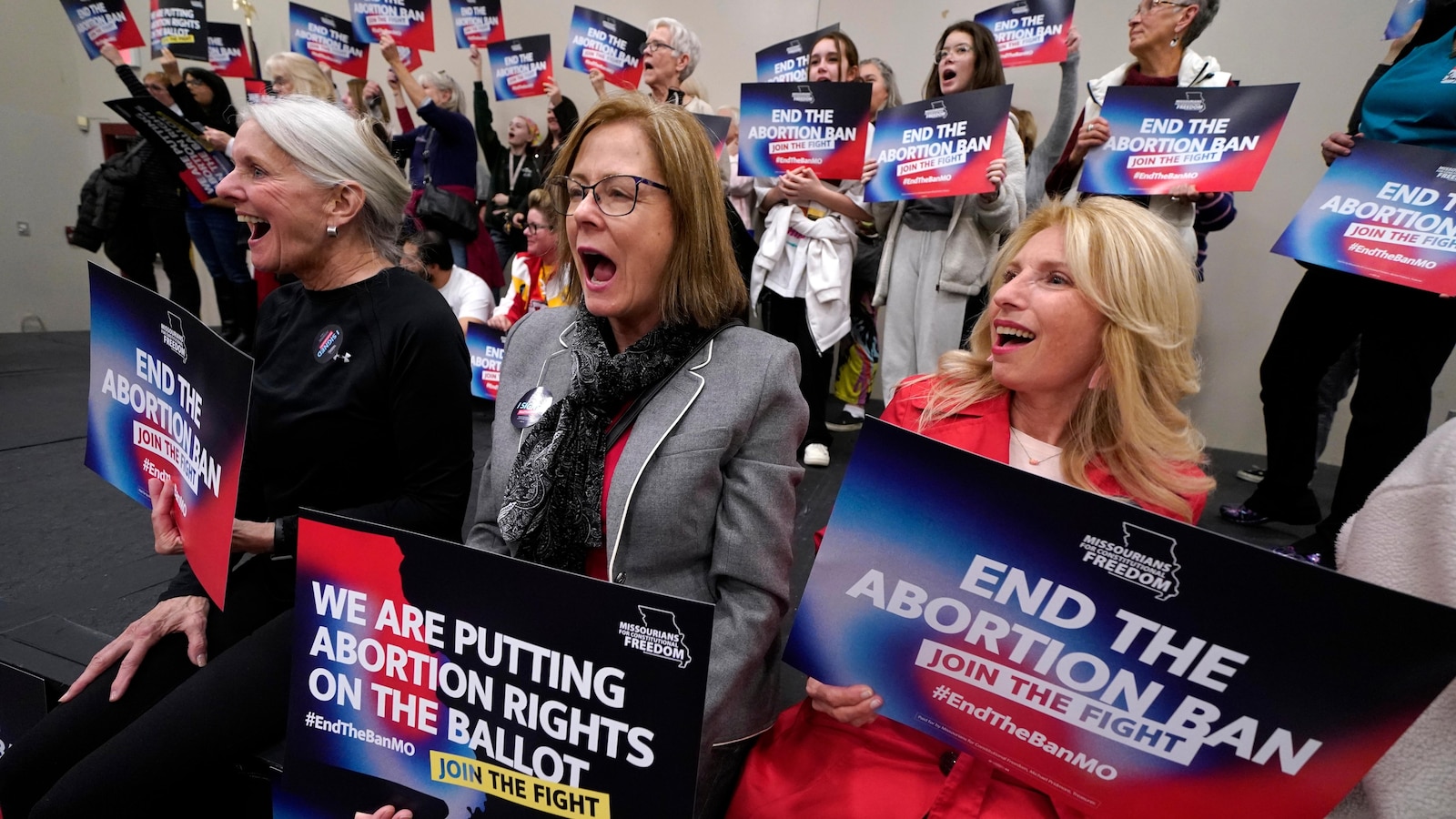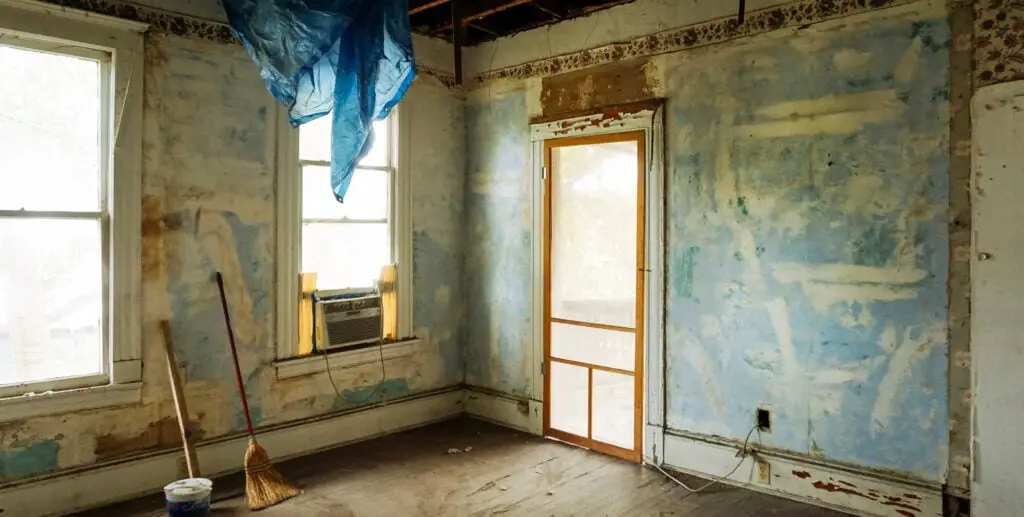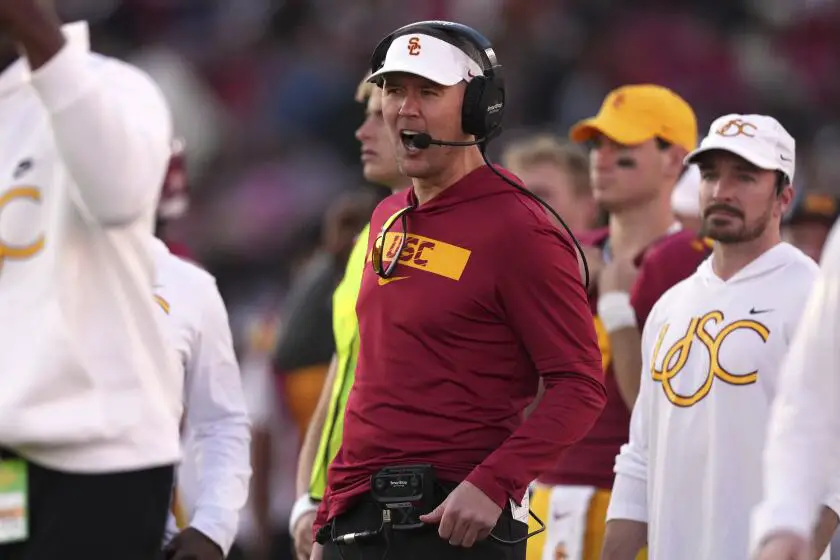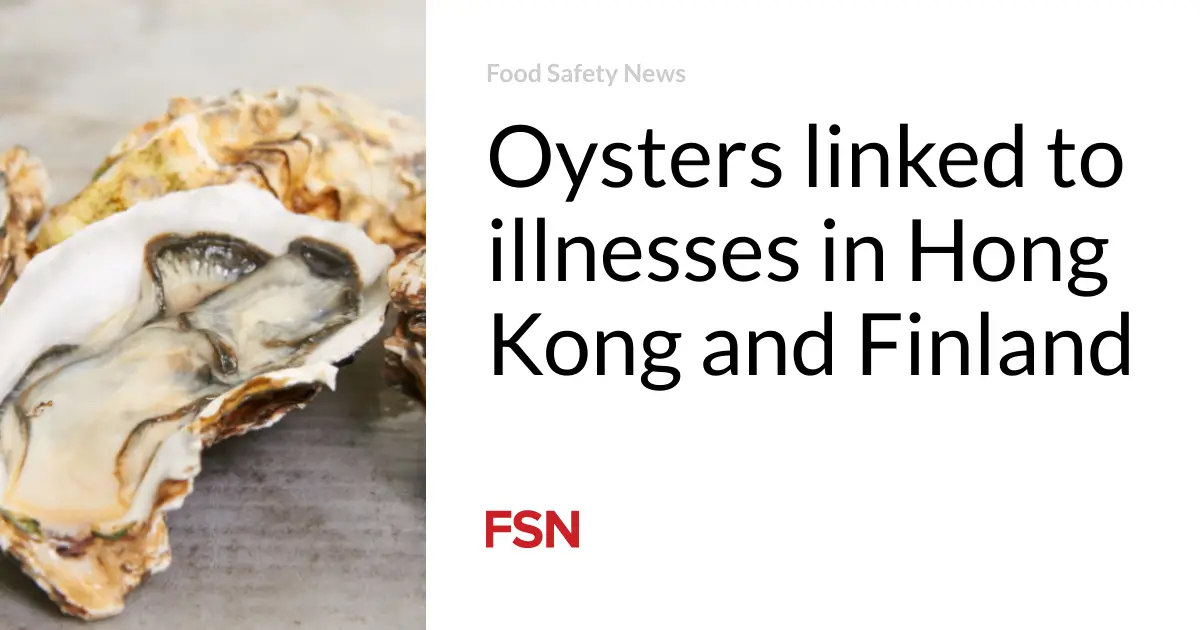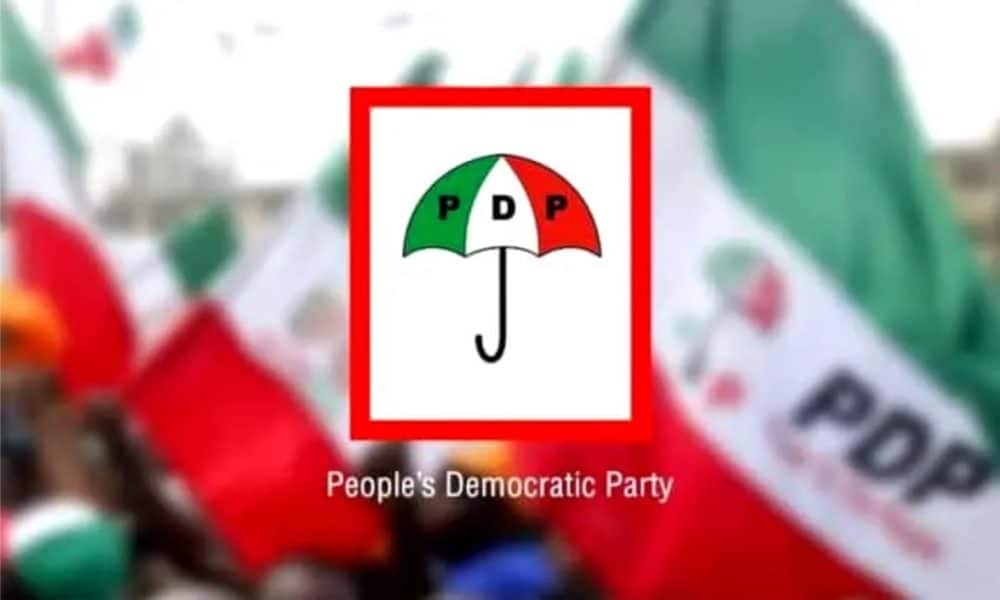Liz Truss has blamed “unelected individuals” in the Department of Health and Social Care for the government’s planned smoking ban as she launched an apparent attack on civil servants such as the chief medical officer for England, Sir Chris Whitty.
The former prime minister also claimed Thérèse Coffey, her friend and health secretary in Truss’s short-lived government, had put the plans “in the bin” but that they had “re-emerged like a bad penny”.
Truss launched her attack in an interview with the BBC as hostilities opened among Conservative MPs before the second reading of the tobacco and vapes bill on Tuesday, with another former minister rejecting her claim that the plans were “unconservative”.
“What I think about this smoking ban is that it’s something that the Department of Health … ie unelected individuals … have been pursuing for some time,” Truss told the BBC’s political editor, Chris Mason, in one of the latest in a series of interviews to promote her new book.
Truss, who has limited support among Tory MPs after her disastrous period in Downing Street but is one of the leaders of rebellion against the bill, claimed she was worried about where the proposals would lead, suggesting that people could end up with a “sugar allowance”.
Her intervention came as the legislation, which would bar anyone born after 2009 from buying cigarettes, is to be debated in parliament for the first time on Tuesday.
Truss did not name Whitty, who uses an article in the Guardian on Tuesday to say that lobbying by big tobacco “needs to be addressed head on”, as email evidence emerged of campaigning tactics being used to put pressure on MPs to sink Rishi Sunak’s smoking ban bill.
Another former minister, Jesse Norman, meanwhile aimed a broadside at colleagues in his own party on Tuesday, saying on the social media platform X: “Very hard to see what is supposed to be unconservative about the tobacco and vaping bill.
“It’s a gradual long-term reform that doesn’t affect anyone now smoking, protects young people from a dangerous addictive drug, supports the NHS and saves the taxpayer and society a fortune.”
Sir Simon Clarke, a former minister and one of the Tory MPs opposing the bill, claimed the government’s generational smoking ban risked making the habit “cooler” and that it was a “slippery slope” to bans on alcohol and fast food.
“There are good ways to tackle a problem like this and then there are bad ways, and I think that an outright ban risks being counterproductive. I think it actually risks making smoking cooler, it certainly risks creating a black market, and it also risks creating a unmanageable challenge for the authorities,” he told BBC Radio 4’s Today.
Clarke said education and the tax system should be used as tools to deter people from smoking.
Asked about opinion polls that showed two-thirds of people in Britain backed a phased smoking ban – a figure that extends to 70% among those who voted Conservative in 2019, Clarke said: “There are some things, of course, which are not necessarily philosophically or practically right that would command support in the opinion polls.”

